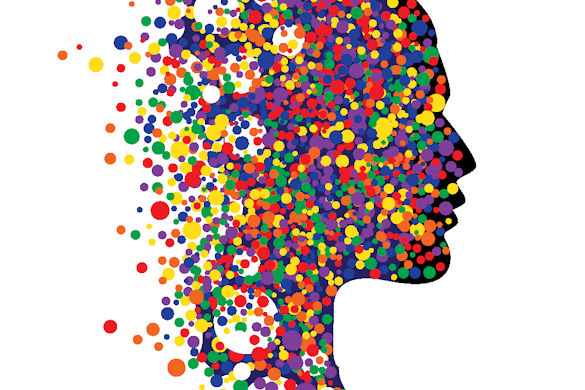Over 600 people help with new University COVID-19 mental health study

The first phase of a new University of Liverpool research study to help assess the impact of COVID19 on mental health and wellbeing in the UK has seen more than 600 people respond to the request for participants.
Researchers, based at the University’s Institute of Life and Human Sciences, launched the study to explore the behavioural and emotional consequences that the COVID19 outbreak, and the associated restrictions on people’s social interactions, are having on adults living in the UK.
Participants completed an online survey. The research team aims to track changes across time by giving participants the opportunity to take part in an additional round of data collection due to commence in the coming weeks.
Promoting better understanding
It is anticipated that this research will help to promote better understanding of the impact that pandemics, and nationwide responses to pandemics, can have on mental health and wellbeing during and after the crisis. This will be helpful for government departments, clinical services and community-based sources of support in planning how best to support the population during future pandemics.
The study will also contribute to efforts aimed at promoting understanding amongst the public about what factors can be protective in mitigating the mental health and wellbeing impacts of public health emergencies.
Psychosocial impact
Dr Ross White, said: “With all of the uncertainty and upheaval that the COVID19 outbreak has brought, there is a need for research to be conducted to understand the impact that the outbreak is having on people’s mental health and wellbeing. Our study is part of a wider programme of important research being undertaken into COVID19 by researchers based at the University of Liverpool.”
Catharina van der Boor, said: “As the COVID19 pandemic continues to spread, it is important to consider what the long-term mental and psychosocial impact will be. The research we are conducting will help shed light on the impact of this public health emergency over time and will develop our understanding of important protective factors for well-being.”
The findings of the first round of data collection are being prepared for publication in academic journals.
At this time no further participants are required for the study.